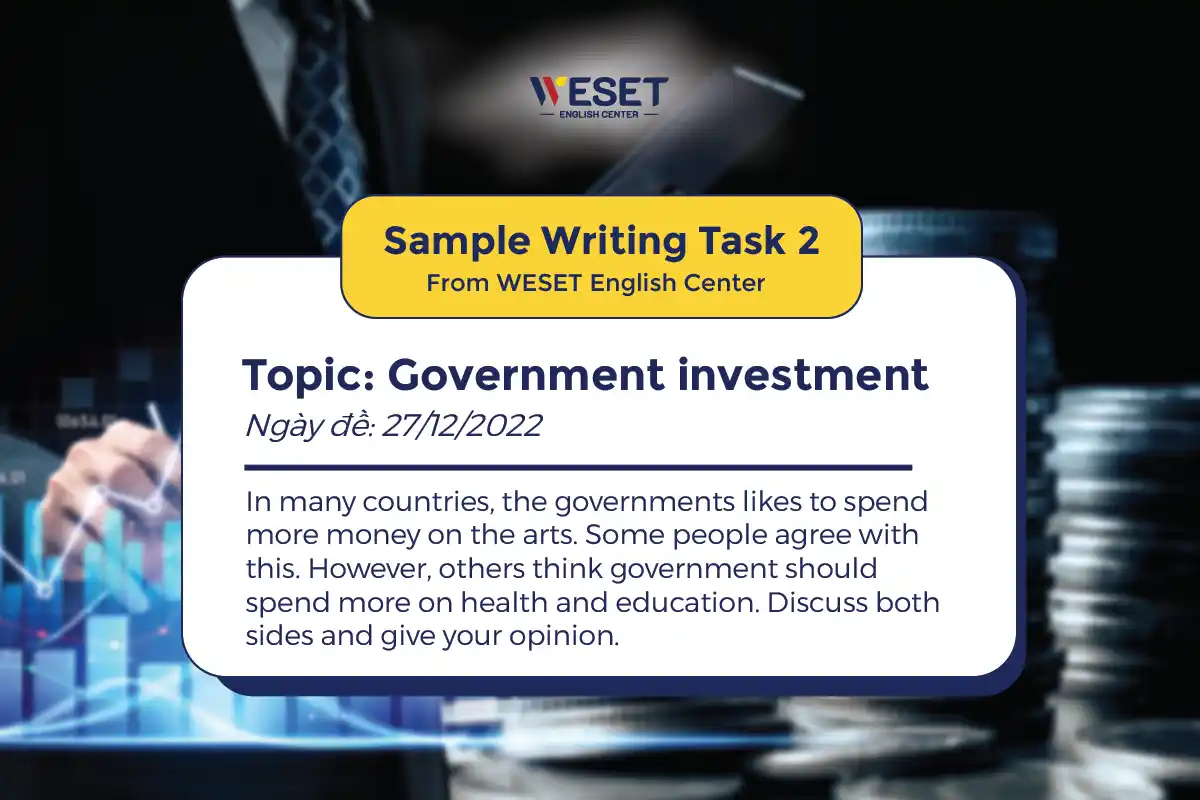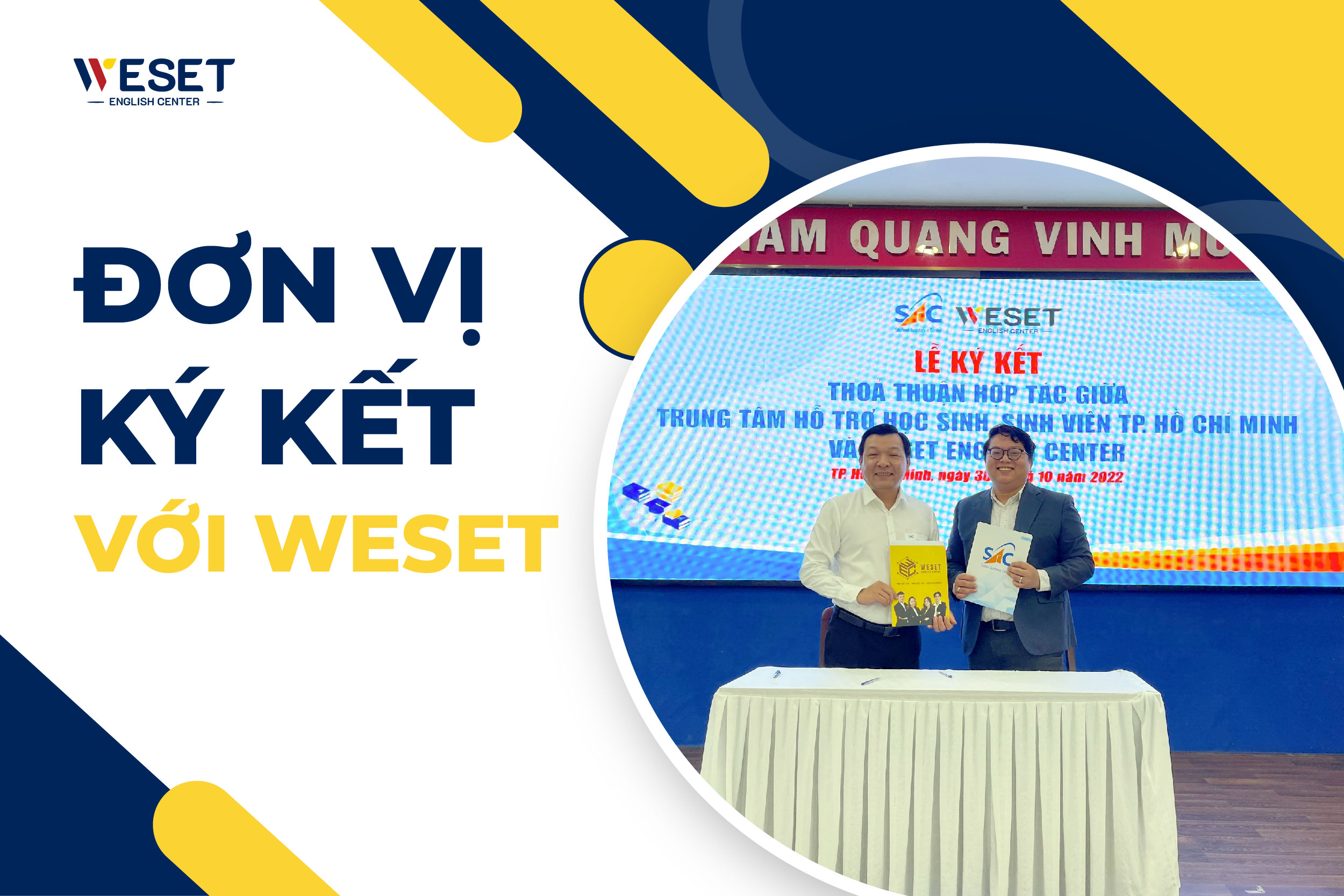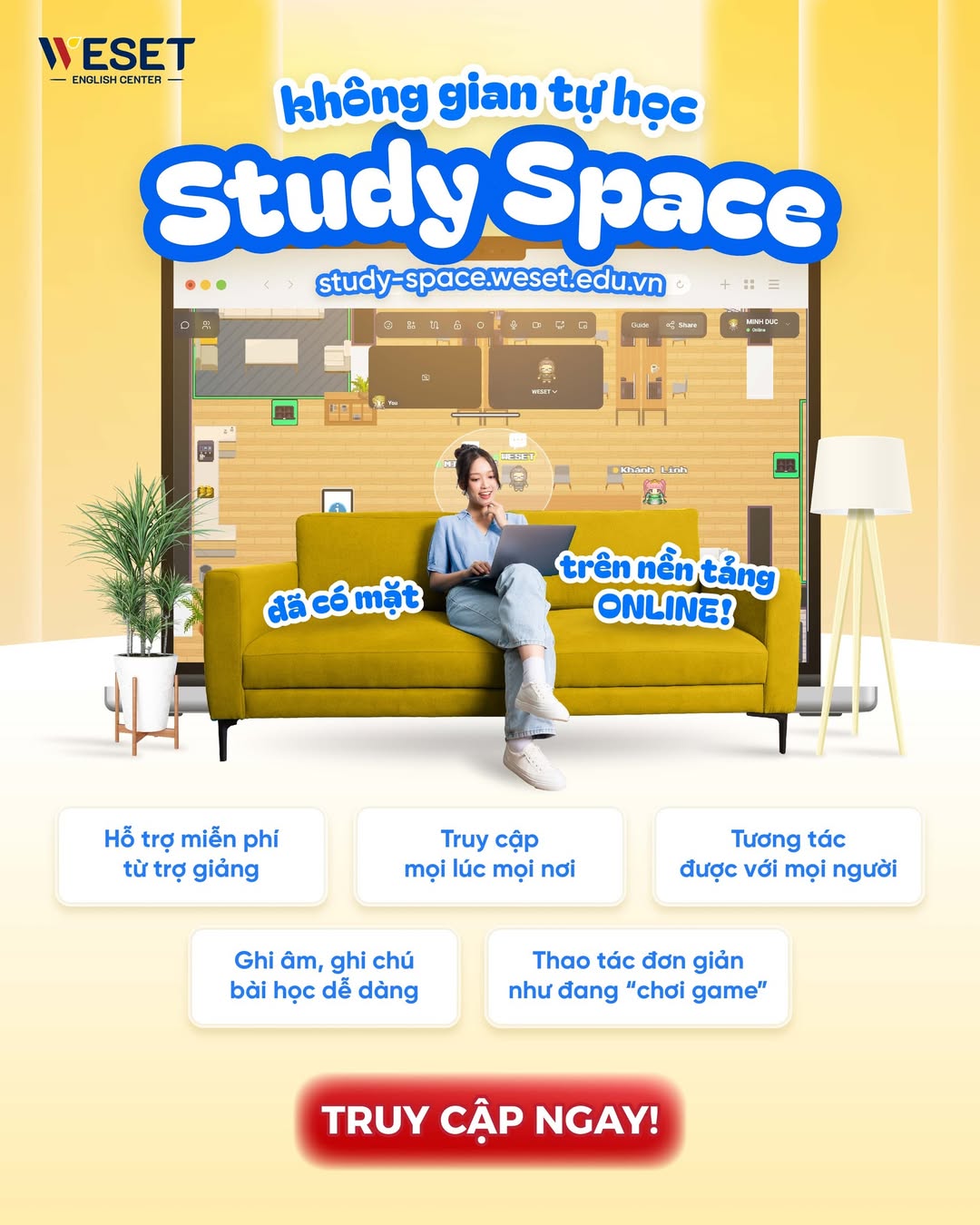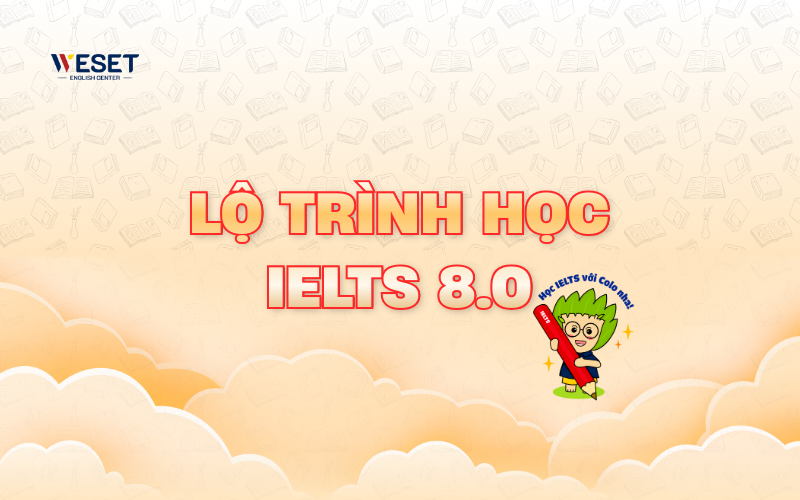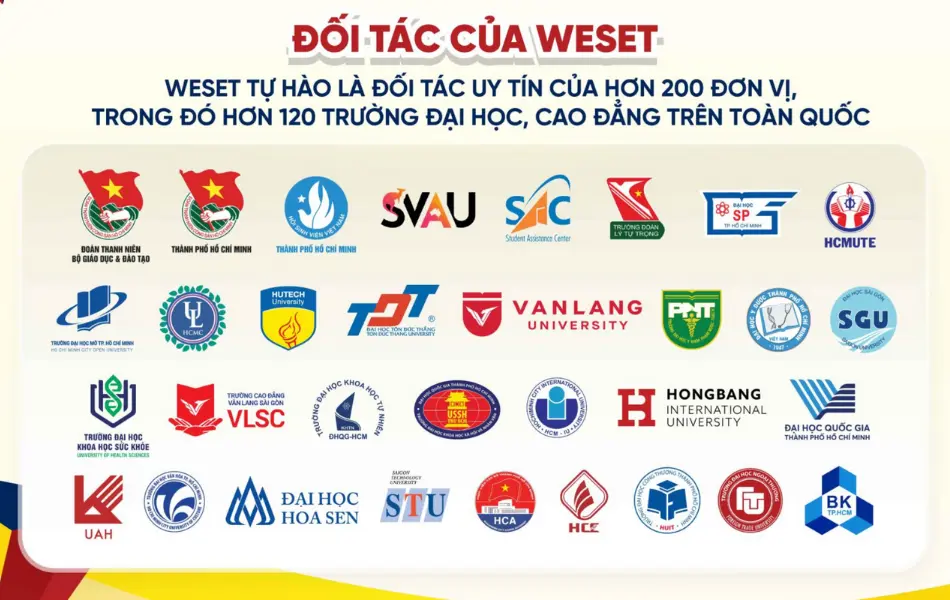Trang chủ Blog Bài thi IELTS mẫu Giải đề mẫu Writing Task 2 – Ngày đề 27/12/2022 | Chủ đề: Government investment
Giải đề mẫu Writing Task 2 – Ngày đề 27/12/2022 | Chủ đề: Government investment
- Hoang Anh
- Bài mẫu IELTS Sample Writing, Bài mẫu Task 2 IELTS Writing sample, Bài thi IELTS mẫu
MỤC LỤC
Dạng đề bàn về những định hướng, chính sách vĩ mô của chính phủ luôn làm khó các thí sinh thi IELTS Writing. Vì vậy, hãy cùng WESET xem qua một bài mẫu về chủ đề này ngay bên dưới nhé!
Đề bài: Government investment in the arts, such as music and theatre, is a waste of money. Governments must invest this money in public services instead. To what extent do you agree with this statement?
Outline:
Mở bài: thể hiện quan điểm disagree với ý kiến của đề bài
Thân bài – Body paragraphs:
- Việc cơ cấu lại ngân sách hỗ trợ có lí, vì public services đáp ứng nhu cầu cơ bản của đời sống, trong khi đó arts chỉ đơn thuần là một công cụ giải trí, có hay không vẫn được.
- Việc ngưng đầu tư vào arts là một sai lầm vì:
- Lợi nhuận từ arts dù khó nhìn ra nhưng thực sự khá lớn, ví dụ như giúp quảng bá du lịch văn hóa, tạo công ăn việc làm cho người dân địa phương
- Lợi nhuận từ arts có thể đầu tư ngược lại cho public services, ví dụ như nền công nghiệp Kpop ở Hàn Quốc đã giúp đất nước phát triển mạnh mẽ
Kết bài: khẳng định lại quan điểm disagree.
Bài làm:
It is logical to maintain and increase government expenditure on public services because they are inherently related to a country’s development. However, I believe that governments reallocating their budget from arts to public services instead might not be a pragmatic approach, considering the potential values of the arts sector.
On the one hand, the chief reason behind diverting government subsidies from the arts to the public services might arguably be that the arts are considered mere entertainment, while the public services directly impact the country’s sustainable growth. This could be seen in Vietnam, where many schools and hospitals in rural areas require enormous financial support to renovate and purchase facilities, along with establishing the transport systems connecting these places to residential areas. Therefore, theoretically, curtailing the spending on arts to focus on public services is quite sensible.
Nevertheless, I would argue that the reallocation proposal probably overlooks the positive externalities that spending on arts can produce indirectly and in the long term, and creative industries deliver economic and social impacts even with little instant profitability. Firstly, museums, theatres, and cultural events can boost an area’s income through consumer purchases and attracting foreign investments. At the same time, tourism also contributes to the economy by promoting the hospitality industry and creating employment opportunities. Secondly, beyond the financial merits, arts can better the regional quality of life in several ways. For example, participating in cultural and artistic activities can improve the well-being of the residents. Aside from cultural consumption, local inhabitants also benefit from these fields, which leverages the power of arts in urban planning. Therefore, utilizing adequate government resources for arts is a rational strategy considering all the benefits hereinabove. Finally, strategic investments in arts can contribute substantially to the coffers for public services. South Korea’s policies of prioritizing the music sector are a successful example. The music industry in South Korea boosts the country’s economy by billions of dollars, a large portion of which is added to the fund for the public sector.
In conclusion, while ensuring sufficient investments in public services is necessary, I would contend that withdrawing capital from the cultural and creative sectors is an injudicious action considering the economic and social value arts can add to a country. (372 words)
Vocabulary:
- Pragmatic (adj) /præɡˈmæt.ɪk/ based on practical judgments rather than principles (thực tế, thực dụng)
- Sustainable growth (noun phrase): bringing long-term benefits (sự phát triển bền vững)
- Curtail (v) /kəˈteɪl/: to reduce or limit something (cắt giảm)
- Externality (n) /ɪkˌstɜːˈnæl.ə.ti/ a positive or negative effect for someone else as a result of something that you do (tác động từ một hành động trước đó)
- Leverage (v/n) /ˈlev.ɚ.ɪdʒ/ to use something that you already have in order to achieve something new or better (tận dụng để đạt được thứ gì đó)
- Utilize (v) /ˈjuː.t̬əl.aɪz/ to use sth in an effective way (tận dụng thứ gì đó)
- Hereinabove (adv) /hɪrɪnəˈbʌv/: in the preceding part, aforementioned (ở phần trước đó)
- Injudicious (adj) /ˌɪn.dʒuːˈdɪʃ.əs/ showing bad judgement or brash actions (thiếu cân nhắc).
Tham khảo thêm các bài mẫu
- Bài mẫu IELTS Writing Task 2 – Đề ngày 18/12/2022 | Chủ đề: Junk food | WESET
- Bài mẫu IELTS Writing Task 2 – Đề ngày 17/12/2022 | Chủ đề: Money | WESET
- Bài mẫu IELTS Writing Task 2 – Đề ngày 24/12/2022 | Chủ đề: Food, drink & entertainment | WESET

